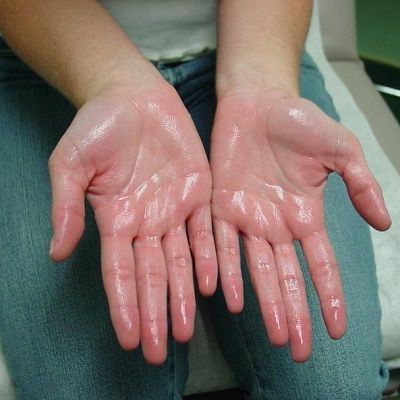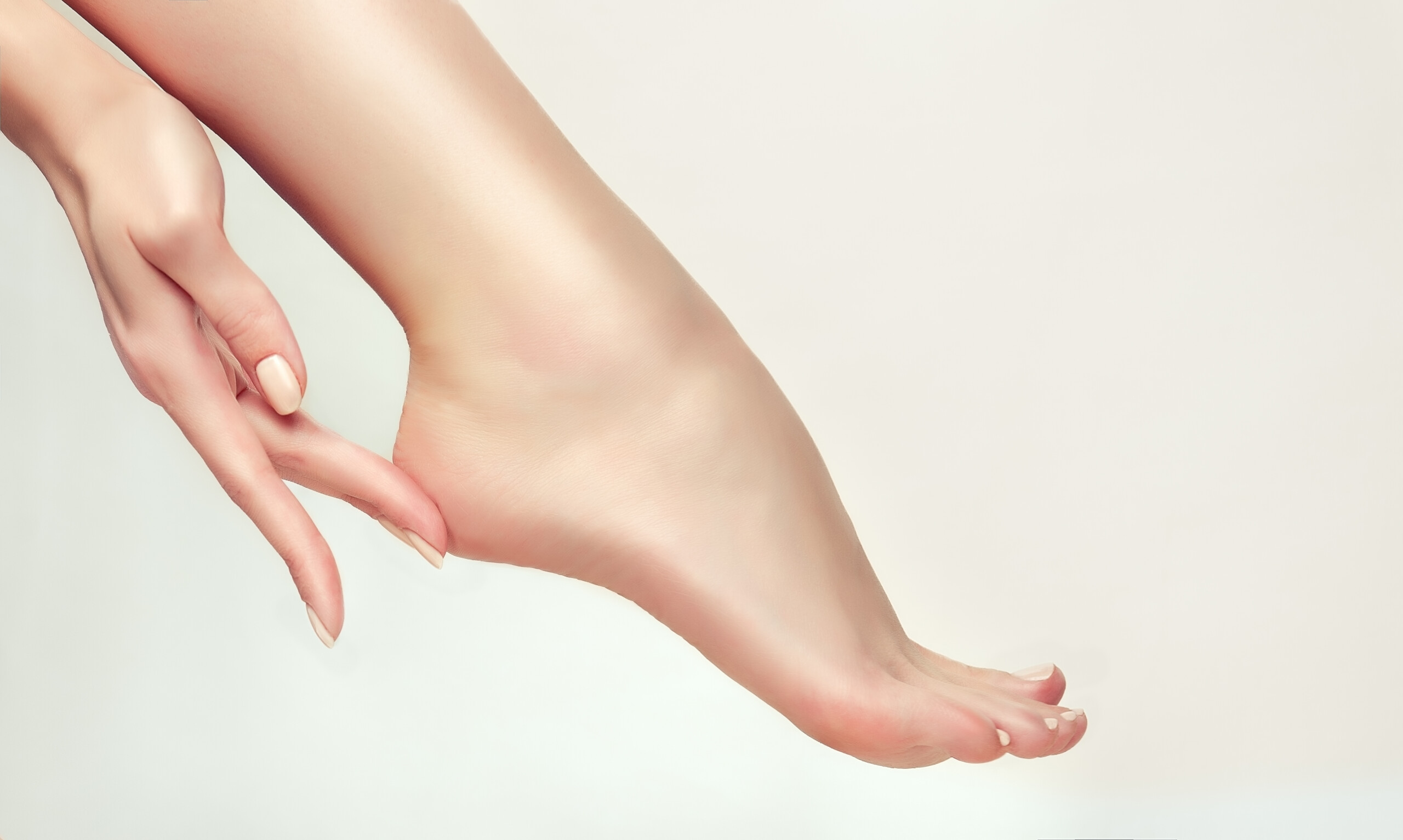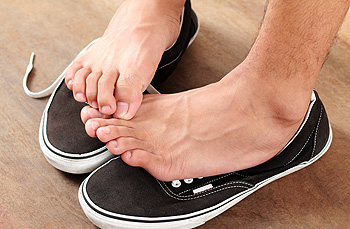Comprehending the Origin of Excessive Sweating and Its Influence On Day-to-day Live
Excessive sweating, likewise called hyperhidrosis, is a condition that impacts a considerable section of the population, yet its underlying causes and effects on day-to-day functioning stay rather enigmatic. While it is generally understood as a physiological reaction to control body temperature level, the triggers for too much sweating can vary widely among individuals, including not just physical aspects yet also psychological and emotional elements. Furthermore, the impact of this condition prolongs beyond simple discomfort, typically affecting social communications and general lifestyle. By delving into the source of hyperhidrosis and discovering its complex results, a much deeper understanding of this prevalent problem can be acquired, clarifying the complexities that individuals facing too much sweating browse daily.
Physiology of Sweat Glands
The law of sweat manufacturing, an important physiological procedure, is mainly regulated by the activity of gland distributed throughout the body. Sweat glands are classified into 2 main kinds: eccrine and apocrine glands. Eccrine glands are the most many and are found in mostly all areas of the body. They play an essential function in thermoregulation by producing a watery fluid onto the skin's surface area, which helps and vaporizes cool down the body down. In contrast, apocrine glands are focused in areas abundant in hair roots, such as the armpits and groin, and their secretions are thicker and milklike in appearance.
When the body temperature increases, either as a result of physical activity, high temperature levels, or psychological tension, the nerves triggers the sweat glands to create sweat. This sweat is made up primarily of water and electrolytes like sodium and chloride. The procedure of sweat manufacturing is important for preserving the body's inner temperature within a narrow, ideal variety, highlighting the critical role sweat glands play in human physiology.
Triggers for Excessive Sweating
In recognizing the origin triggers of excessive sweating, it is critical to determine the triggers that can lead to this physiological feedback. Physical effort, high temperature levels, and spicy foods are likewise known to cause extreme sweating in individuals vulnerable to this condition.
Furthermore, drugs such as some antidepressants, opioids, and specific supplements can also function as triggers for hyperhidrosis. Comprehending these triggers is important in taking care of extreme sweating effectively - Sweaty hands treatment. By identifying and attending to the particular triggers that motivate excessive sweating in a specific, doctor can develop tailored treatment strategies to alleviate this problem and boost the individual's top quality of life
Medical Conditions Associated
Connected with too much sweating are various clinical problems that can exacerbate this physical feedback. One common condition is hyperhidrosis, a problem characterized by unusually raised sweating that exceeds the body's thermoregulatory requirements. This can show up in focal locations like the palms, soles, underarms, or face, affecting a person's top quality of life due to social humiliation and pain.
Furthermore, endocrine disorders such as hyperthyroidism, diabetes mellitus, and menopausal warm flashes can likewise lead to excessive sweating. Hyperthyroidism triggers an overproduction of thyroid hormonal agents, increasing metabolism and triggering sweating.
Moreover, infections like tuberculosis, endocarditis, and hiv have actually been connected with night sweats, an usual sign known to interfere with sleep and affect total well-being. These clinical conditions highlight the diverse series of underlying elements that can add to extreme sweating, necessitating detailed examination and management by medical care experts.
Emotional and emotional Factors

Effect On Social Communications
Excessive sweating can have extensive effects on a person's capacity to engage pleasantly in social interactions. The noticeable signs of sweat spots or damp patches on garments can lead to humiliation and self-consciousness, creating individuals to take out from social scenarios. This withdrawal can impact connections, restriction social activities, and impede expert and individual development.

In addition, the anxiousness and self-esteem issues coming from extreme sweating can impact interaction and social abilities. People might battle to concentrate on discussions, join group activities, or express themselves confidently. This can lead to feelings of isolation and loneliness, as social connections become challenging to maintain.
Conclusion

While it is generally comprehended as you could try these out a physiological reaction to regulate body temperature level, the triggers for too much sweating can differ widely among people, including not only physical factors yet emotional and likewise emotional elements. By diving into the origin creates of hyperhidrosis and exploring its multifaceted results, a deeper understanding of this prevalent problem can be acquired, shedding light on the intricacies that individuals grappling with too much sweating navigate on a daily basis.
Physical physical effort, high temperatures, and spicy foods are additionally understood to trigger too much sweating in individuals vulnerable to this condition. By recognizing and attending to the specific triggers that motivate excessive sweating in a specific, health care providers can establish personalized therapy plans to ease this condition and boost the individual's high quality of life.
Excessive sweating can have profound results on an individual's capacity to engage easily in social communications.